National
Husband dead in Gen Z revolt, wife stares at uncertain future
Manju had come back to Nepal after two years to celebrate festivals with her family. She never got the chance.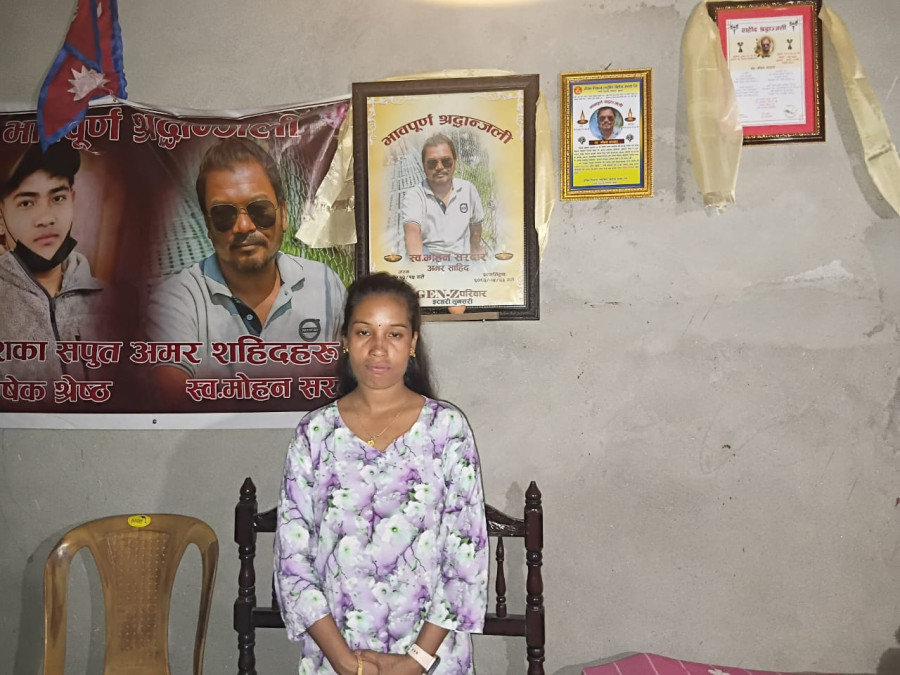
Aarati Ray
When 27-year-old Manju Sardar returned home to Itahari after two years of working as a domestic helper in Kuwait, she was full of plans. She had finally managed to get two months of leave and flown home at the end of August.
Trips around town with her husband and daughters, the first Dashain she would celebrate at home in two years, decorating their newly built house with lights for Tihar, making rangoli to welcome Goddess Laxmi and whatnot.
At the centre of all those plans was one simple wish: to spend time together as a family of four, whole and happy under one roof. But those plans ended abruptly on September 9, when her husband, Mohan, was shot during the Gen Z protest in Itahari.
“I had come home with so much happiness, thinking we would finally have time together,” Sardar, a resident of Gaisar-14 at Aadarsha Tol in Itahari, told the Post recently. “It had just been 15 days—and he was gone. Just like that.”
For most of Aadarsha Tol, Dashain and Tihar have come and gone in their usual rhythm. Even though Bhai Tika has passed, the houses still glimmer with strings of colourful lights, keeping the festive spirit alive a little longer. This will perhaps continue for another week, until they’re packed away for next year.
Amid the bright homes stands one unfinished, single-storey house, dark and unlit. Inside, for the family, festivals no longer hold meaning.
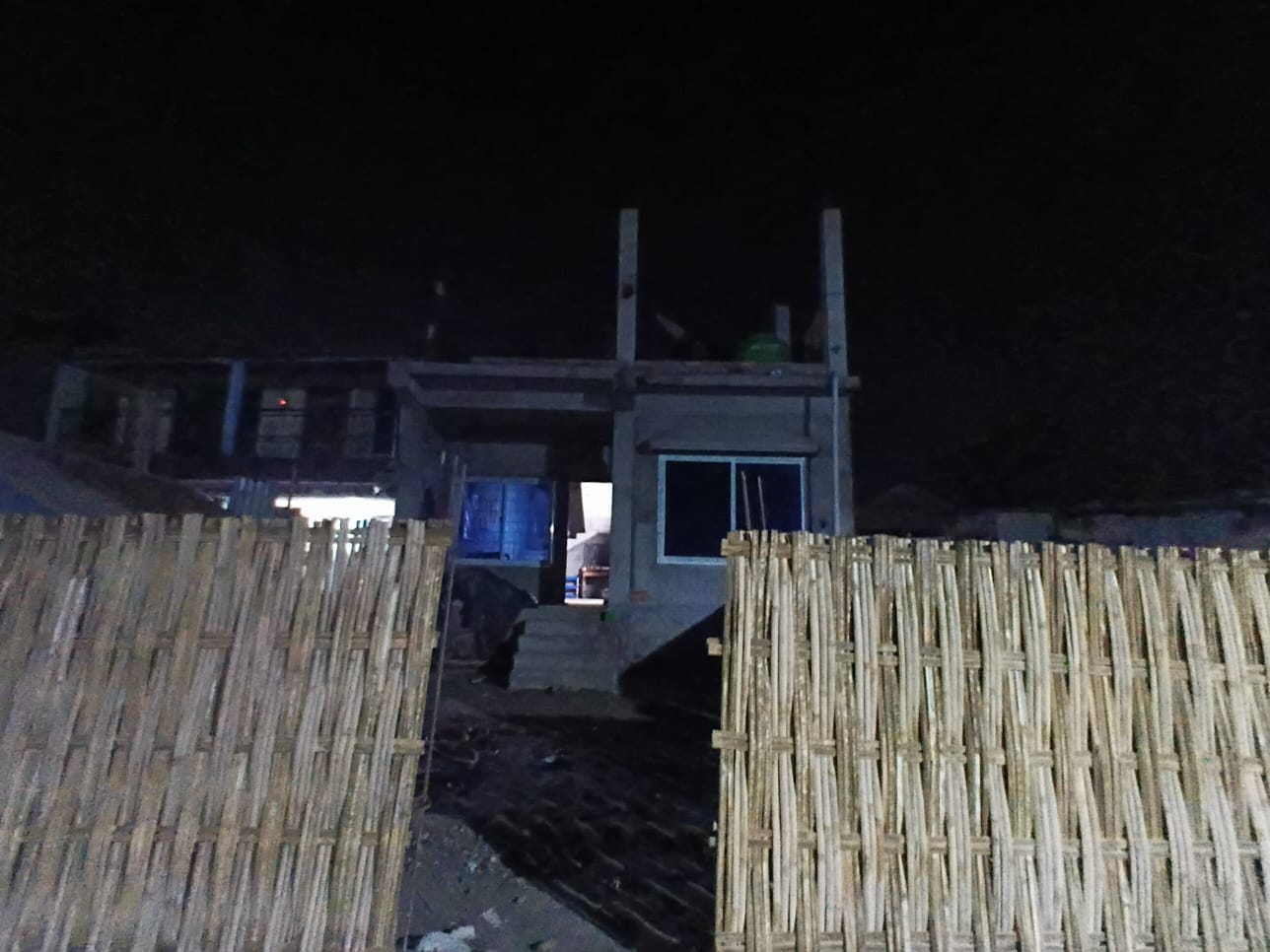
“Even stepping outside feels suffocating,” Sardar said. “These colourful lights, this festive air, they sting my eyes. It feels like everyone has moved on from the tragedy, and life is back to normal for them. But I’m still stuck on that fateful day.”
Mohan, a 40-year-old construction worker, had gone out that afternoon for a routine medical follow-up.
Three days earlier, while working, Mohan had injured his hand. Doctors at Itahari Community Hospital had advised him to come back daily for dressing. On September 9, as he left home for the hospital around 2 pm, he told his wife, “I’ll be back soon, just going for my injection.”
That same afternoon, the police opened fire to disperse an enraged crowd that was trying to set the Area Police Office on fire. On the way back from the hospital, Mohan had just reached the area near the Itahari Sub-Metropolitan Office when chaos broke out. A bullet struck him on the back as police fired into the crowd.
With help from police and bystanders, he was rushed to BP Koirala Institute of Health Sciences in Dharan, where doctors pronounced him dead on arrival.
“He went out saying he’d be back soon after the hospital visit,” Sardar recalled. “I keep thinking, maybe I should have stopped him. But who could have imagined this?”
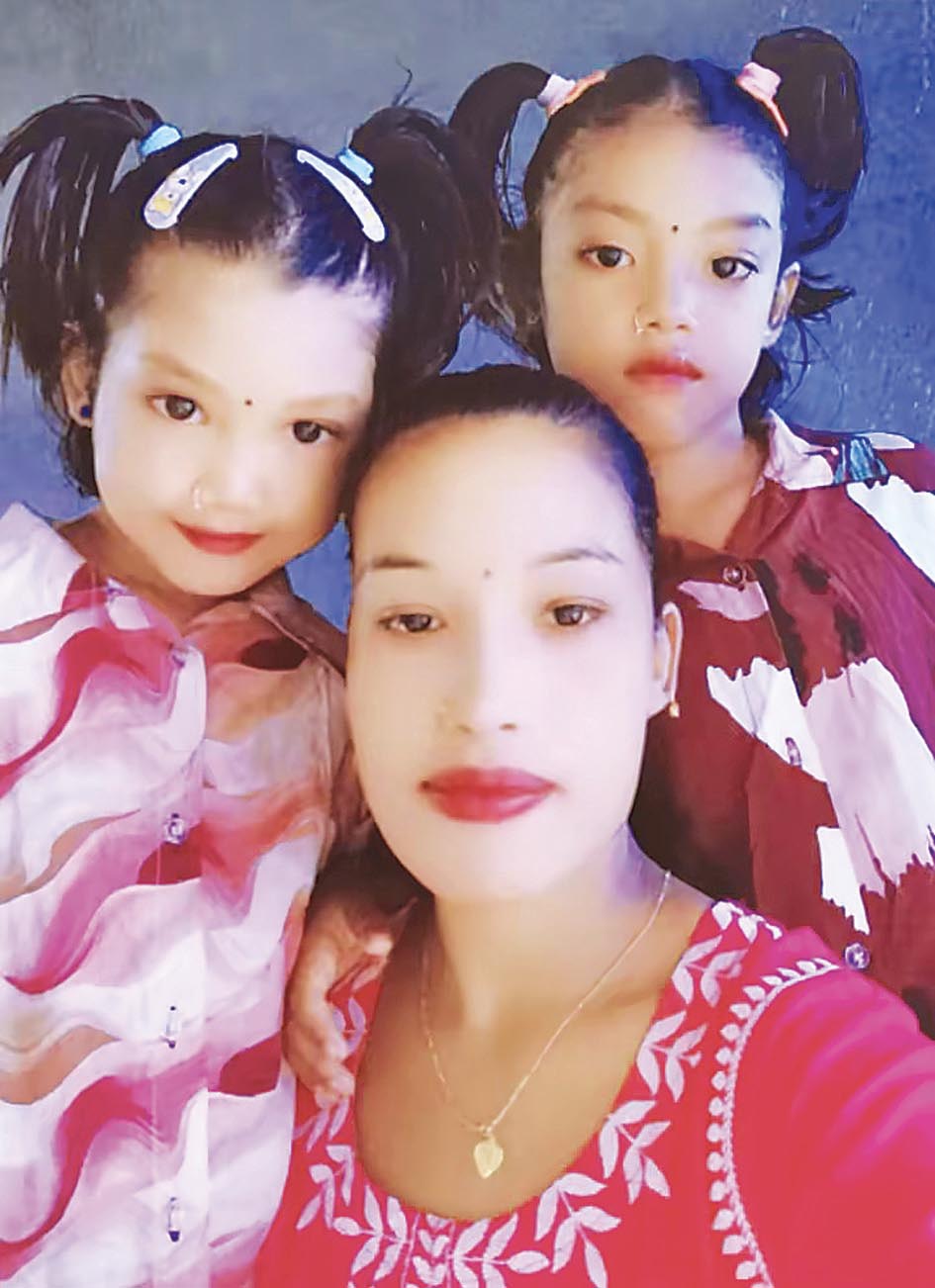
Mohan had left on a motorbike with a friend from the neighbourhood. Later, that friend returned home alone.
“I was worried when he didn’t come back,” Sardar said. “His friend told me Mohan had stopped on the way back near the protest area.”
She tried calling him through the night, but his phone never connected. The next morning, someone showed her a video of him being shot. When they searched, they found Mohan at BP Koirala Institute, already dead.
The couple have two young daughters, Aakriti aged 5 and Aarohi aged seven. Both of Sardar’s in-laws had passed away before her marriage, and Mohan’s elder sister died seven years ago, leaving behind only his elder brother.
The couple had been married eight years, and Mohan earned around Rs30,000 a month from construction work. To ease the financial burden and secure their daughters’ future, Sardar went to Kuwait and worked for the last two years.
She was supposed to return after her leave, but those plans are now cancelled.
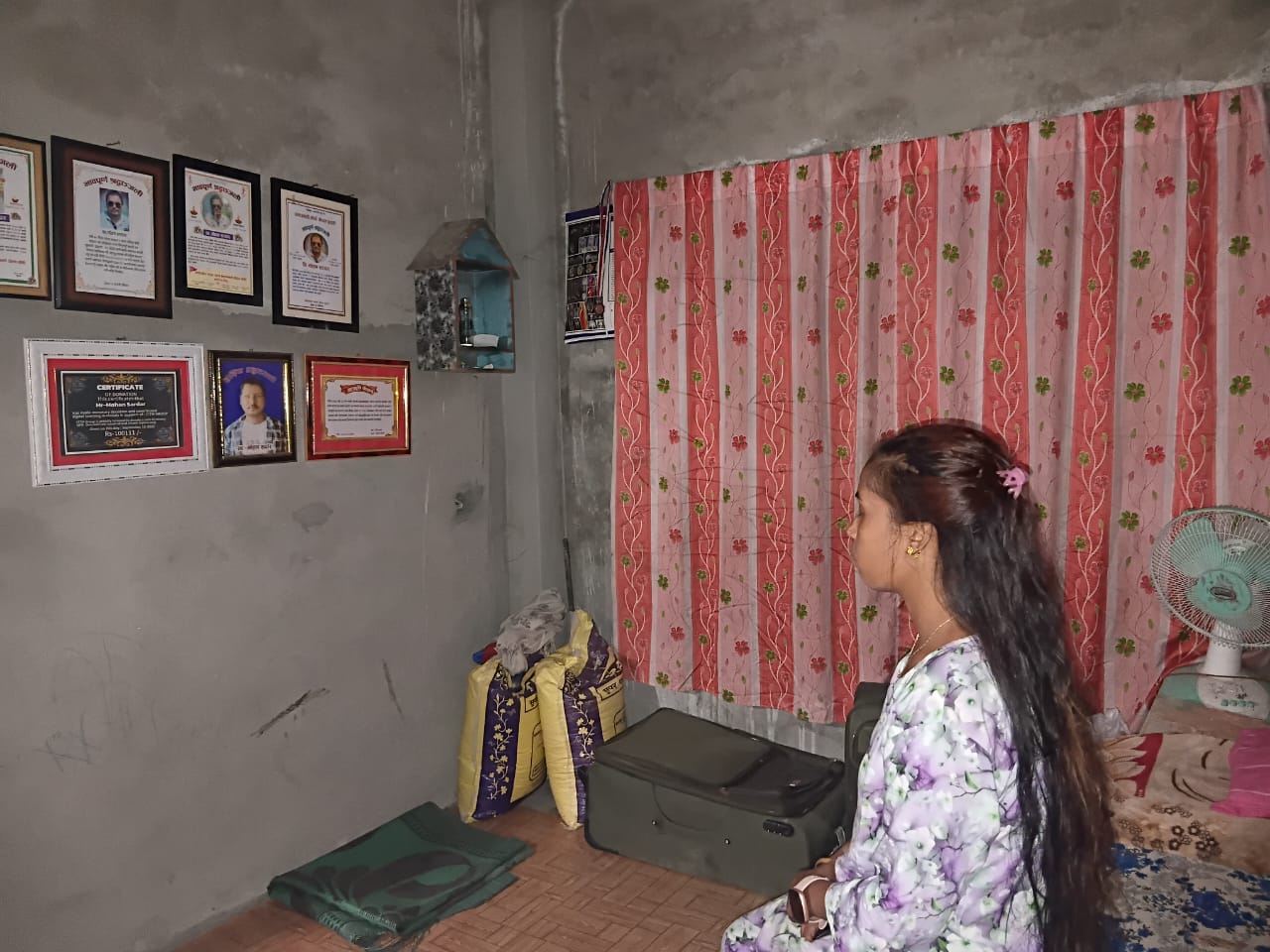
“Now I can’t go,” she said. “How can I when my two little daughters have just lost their father? Who will raise them? But staying here, where am I supposed to get a job? How will we survive?”
With Mohan gone, the family’s source of income has been dealt a blow. Sardar says she can’t sleep worrying about how to raise her two daughters on her own.
“My husband was my strength, my pillar. Now that the pillar is gone, I feel lost. Living without your life partner… only those who’ve gone through it can understand,” says Sardar. “Even stepping outside with my daughters now feels heavy, as if the world has changed completely.”
Meanwhile, Sardar’s two little daughters still wait for their father.
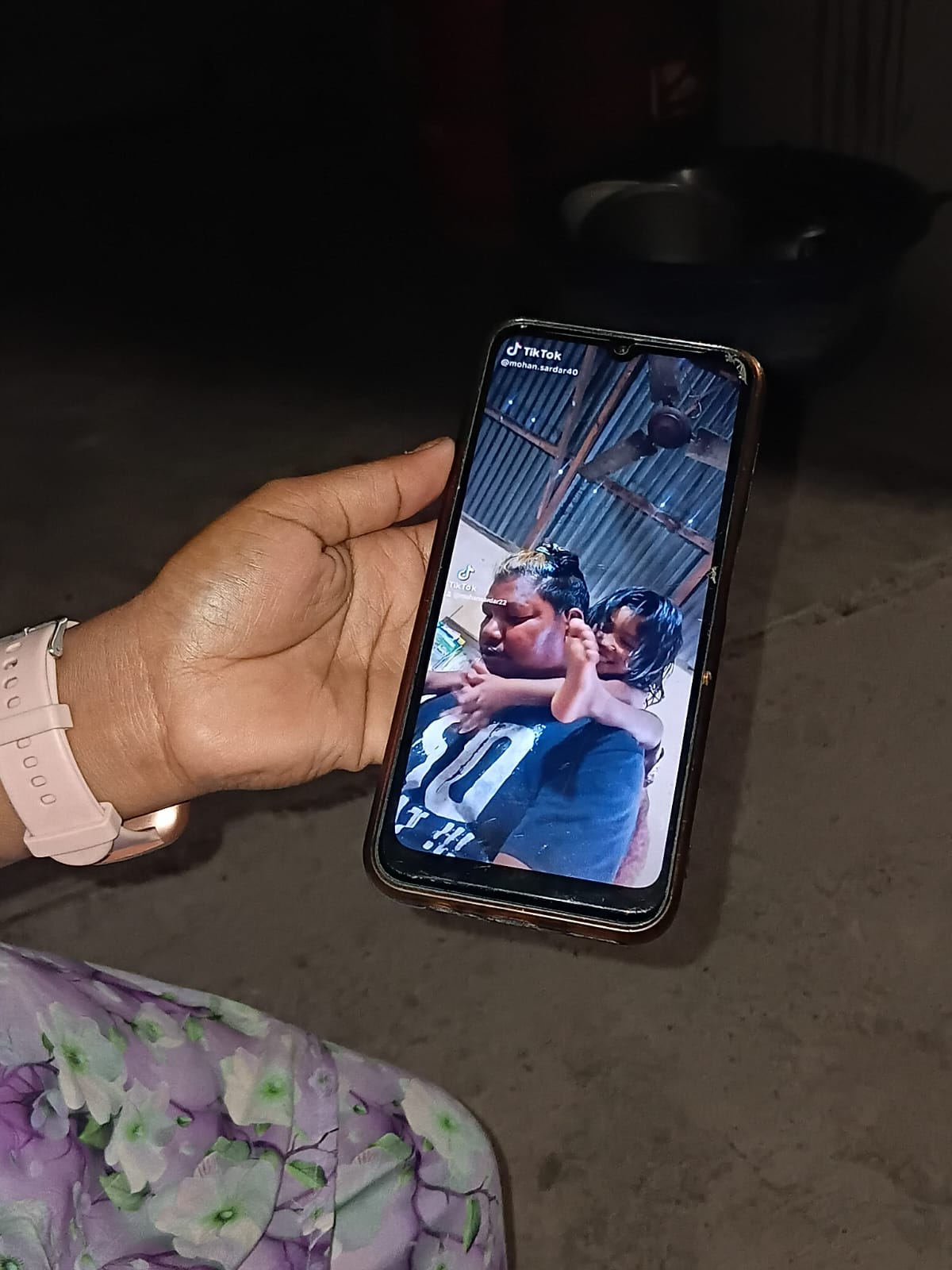
Since the day Mohan left home to visit the hospital for his hand injury, they’ve been asking the same question, over and over: “Baba khai mero?” (‘Where’s my dad?’)
No one has been able to tell them the truth. The adults say only that their father has gone abroad or away for a visit. Believing this, the girls still wait, asking everyone they meet when their father will come back.
It’s a question Sardar has no answer for.
“I’m terrified of that question,” she says. “I can’t look my daughters in the eye. How am I supposed to explain?”
In the two years that Sardar worked abroad in Kuwait, Mohan had taken care of their daughters on his own. He would wake up early, cook, get the girls ready for school, and leave for work. When they returned home from school, they would wait for him eagerly.
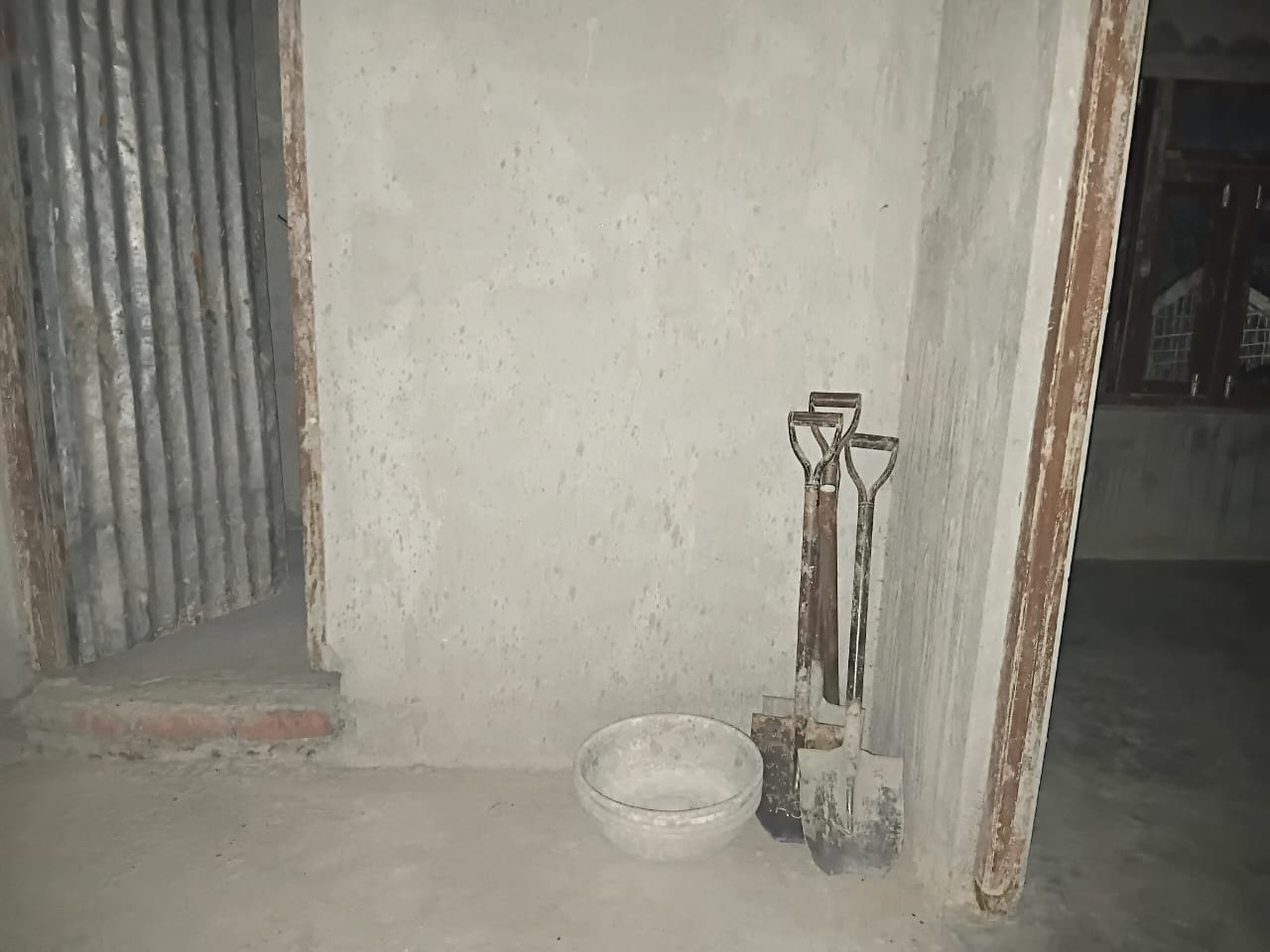
This recent holiday had been the first time in two years that the family was together, both parents under one roof. The girls were overjoyed to finally have that time.
This year, with Mohan’s daily wages and the money Sardar sent from Kuwait, the couple had managed to build a small one-storey house. The house still stands unfinished, its walls unplastered and unpainted, waiting for the final touches they had planned together.
Sardar said they had planned for her to go to Kuwait once more, hoping to save enough to complete their house for their daughters, believing that better days were ahead.
“It feels like they were never meant to have both parents at once. First, we were apart because we were working in two countries, both of us struggling so our daughters could have a better life. We thought the separation was temporary, that one day we’d all be together again,” Sardar says. “But that hope has been shattered.”
On Thursday, Sardar participated in the Gen Z groups’ commemorative Bhaitika event at Miatighar Mandala, honouring those who lost their lives in the Gen Z protest.
“I had never spoken in public like this before. I was afraid, but to get justice for my husband’s killing and for the future of my children, I had to speak. Seeing other families of the deceased gave me the courage to raise my voice as well,” Sardar said.
Sardar has gotten the compensation promised to the families of the deceased. “I have received that money, but it can never replace the life of my husband or the father of my children,” she said.
She hopes the government investigates the brutal killings and ensures justice. She also urges them not to forget the daily struggles of the families left behind.
“I am now a single mother with no income and I also cannot go abroad leaving my children alone. That compensation can’t sustain us forever. I need to earn,” Sardar said. “I hope the government can support families like mine by providing jobs and quality education for my daughters. That is all I want.”




 9.89°C Kathmandu
9.89°C Kathmandu














